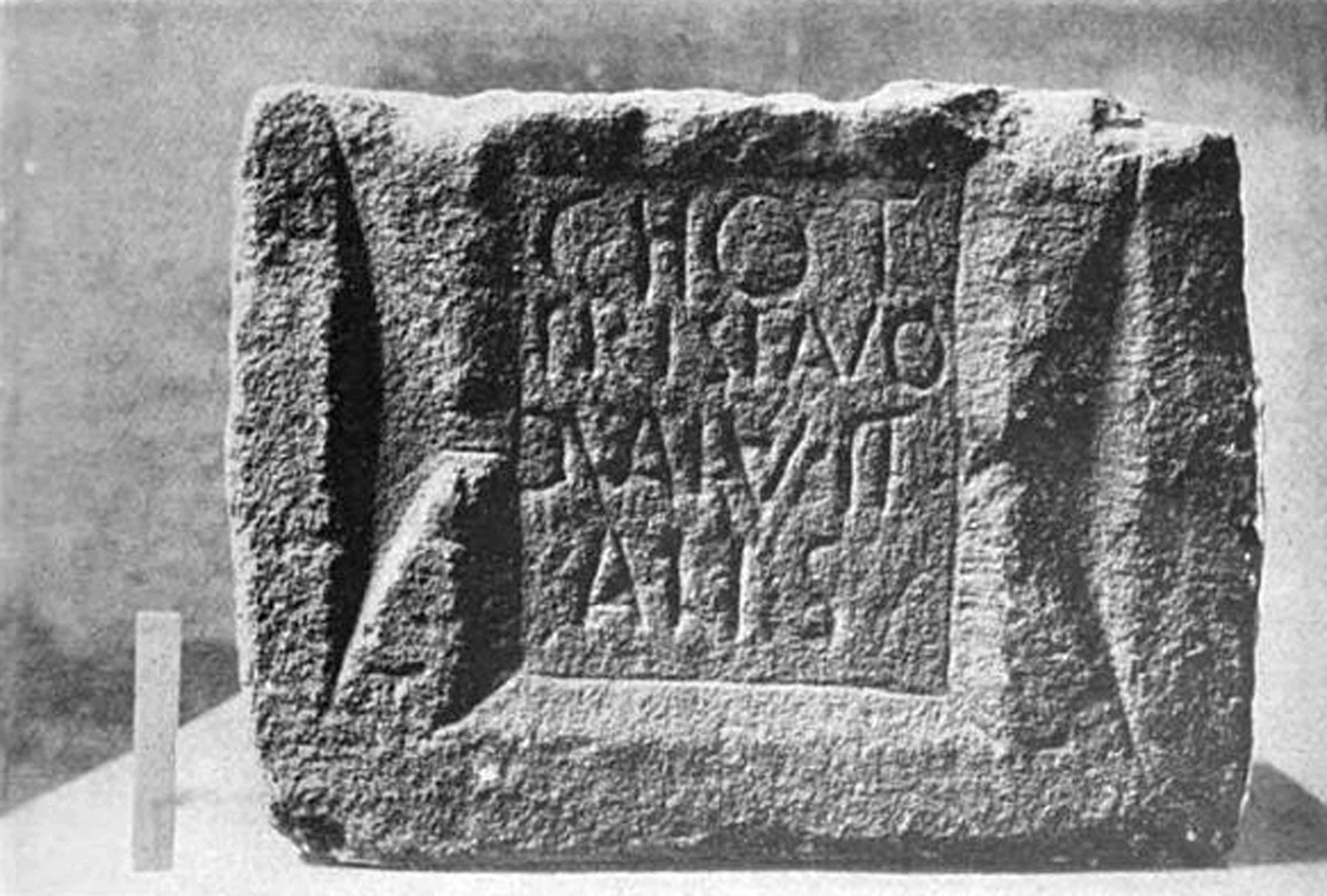|
Frisiavi
The Frisiavones (also Frisaevones or Frisaebones) were a Germanic peoples, Germanic people living near the northern border of Gallia Belgica during the early first millennium AD. Little is known about them, but they appear to have resided in the area of what is today the southern Netherlands, possibly in two distinct regions, one in the islands of the river deltas of Holland, and one to the southeast of it. Name Attestations The name ''Frisiavones'' is only mentioned in one classical text, the ''Natural History (Pliny), Naturalis Historia'' by the Roman writer Pliny the Elder, published in 77 AD. In Roman Empire, Roman-era epigraphy, however, it appears several times. The earliest inscriptions referring to the ''Frisiavones'' date back to the early 2nd century AD, and are found on votive, funerary and military monuments. Six Roman military diplomas in particular, issued by Roman emperors in Britain in the years 105–178 AD, complemented by five inscriptions found in Roman for ... [...More Info...] [...Related Items...] OR: [Wikipedia] [Google] [Baidu] |
Germanic Peoples
The Germanic peoples were historical groups of people that once occupied Central Europe and Scandinavia during antiquity and into the early Middle Ages. Since the 19th century, they have traditionally been defined by the use of ancient and early medieval Germanic languages and are thus equated at least approximately with Germanic-speaking peoples, although different academic disciplines have their own definitions of what makes someone or something "Germanic". The Romans named the area belonging to North-Central Europe in which Germanic peoples lived ''Germania'', stretching East to West between the Vistula and Rhine rivers and north to south from Southern Scandinavia to the upper Danube. In discussions of the Roman period, the Germanic peoples are sometimes referred to as ''Germani'' or ancient Germans, although many scholars consider the second term problematic since it suggests identity with present-day Germans. The very concept of "Germanic peoples" has become the subject of ... [...More Info...] [...Related Items...] OR: [Wikipedia] [Google] [Baidu] |

